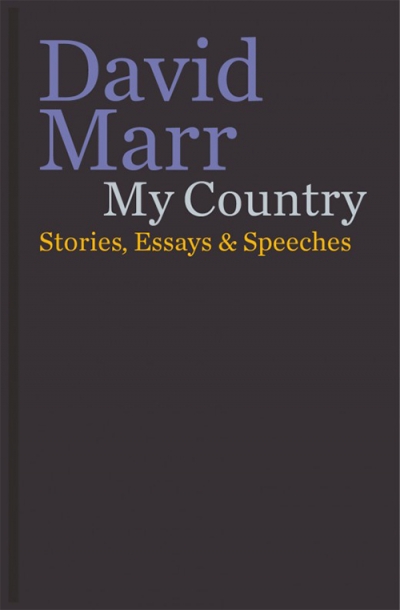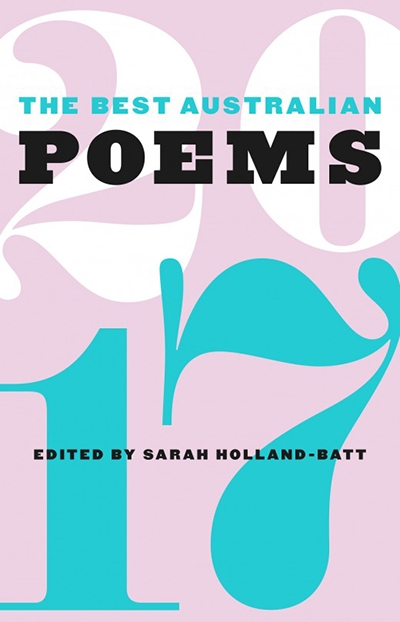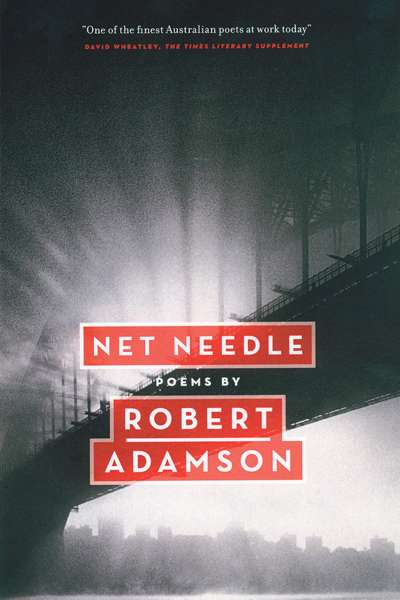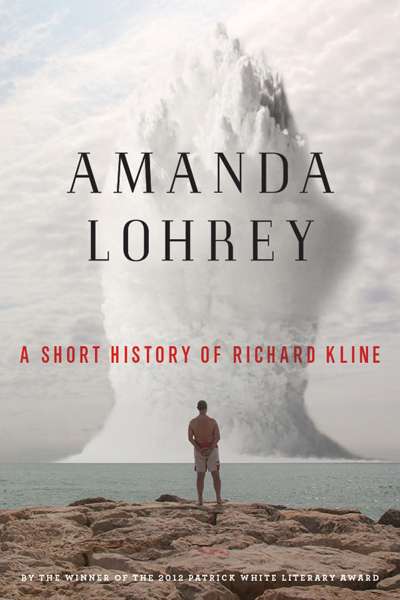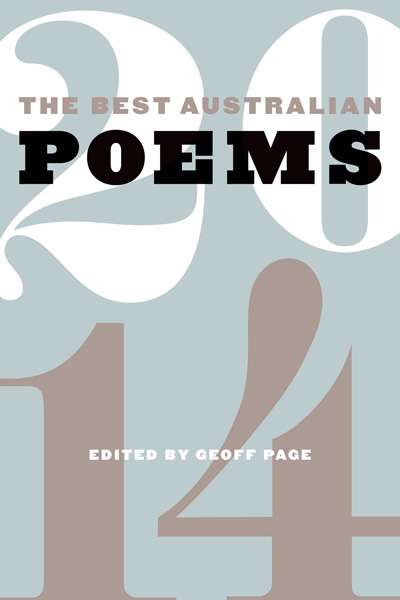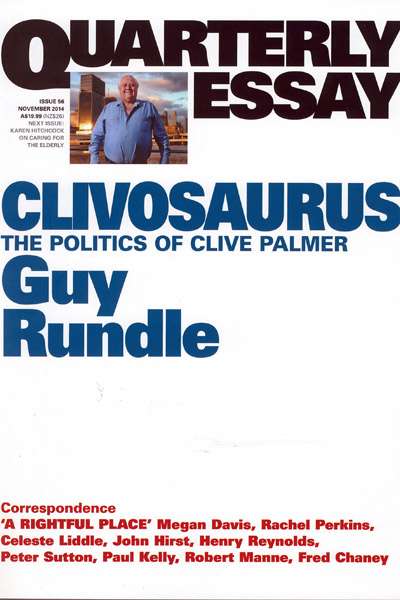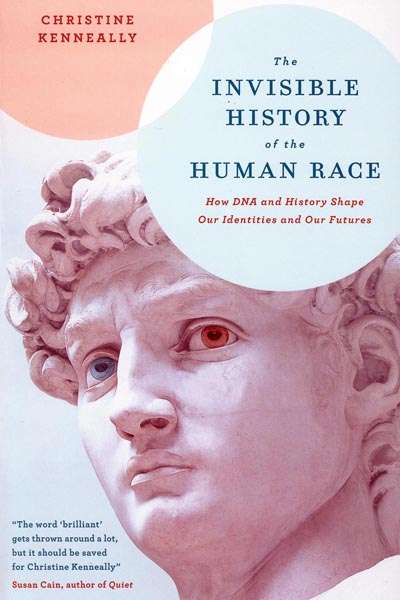Black Inc
Sign up to From the Archive and receive a new review to your inbox every Monday. Always free to read.
Recent:
Follow the leader: Democracy and the rise of the strongman (Quarterly Essay 71) by Laura Tingle
by Paul Strangio •
The Calibre Essay Prize, Peter Temple (1946-2018), Porter Prize, 2018 Film survey
... (read more)The Best Australian Poems 2014 edited by Geoff Page
by Jennifer Strauss •
Clivosaurus: The politics of Clive Palmer (Quarterly Essay 56) by Guy Rundle
by Shane Carmody •


